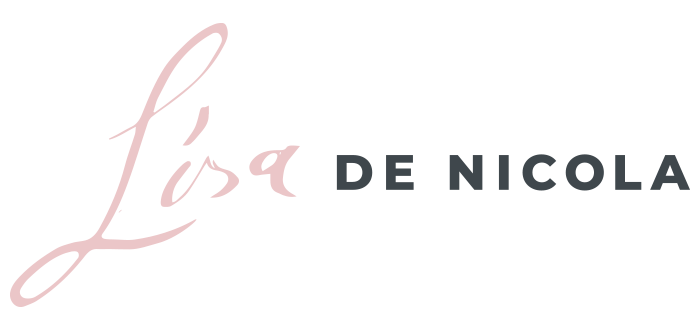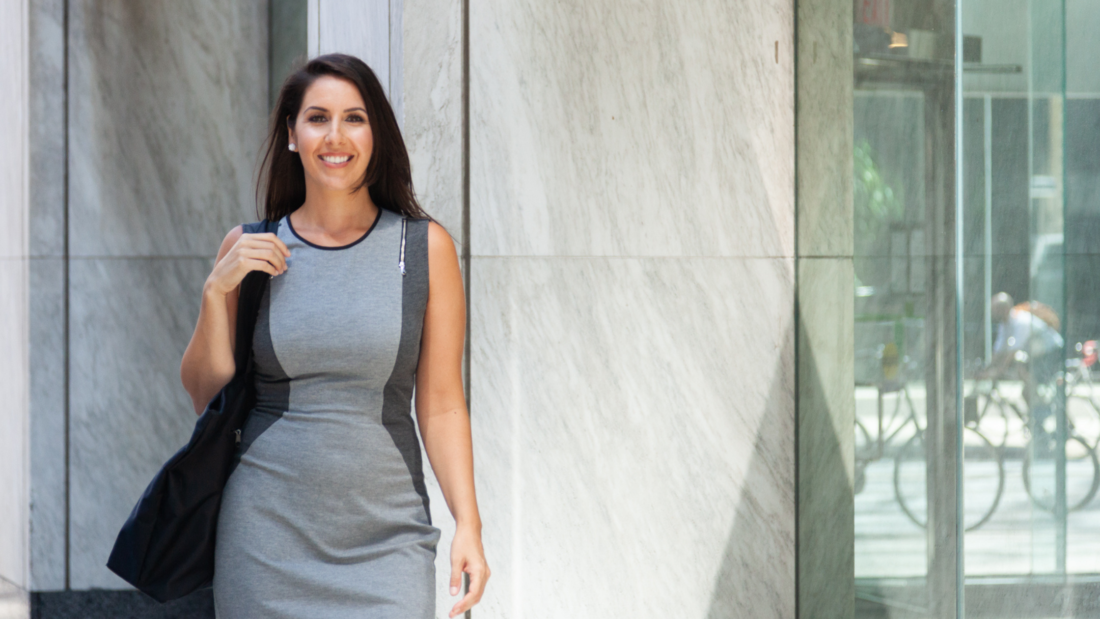With all the rave the Olympics bring, while I haven’t been glued to my TV like the rest of the world, my ears have perked up recently. When gymnasts like Simone Biles are making waves with the decision to withdraw from her final routine for her wellbeing, you pay attention.
We can’t forget Olympian, Naomi Osaka who withdrew from The French Open earlier this year and made a dent for similar reasons.
While the Olympics draws attention for obvious reasons, this year seems to be giving the world lessons in leadership, self-care, well-being and mental health to name a few. A theme that’s been ongoing over the past year and a half.
Yet again, we have a shining example of leadership in action illuminating hot topics in the world of business (and that I’ve talked about a dozen times or so).
It made me think of goal achievement and the feeling of satisfaction that comes over most of us, especially, high achievers when we’ve accomplished something. But sometimes it doesn’t.
What gets in the way of feeling satisfied when you’ve achieved your goals? How come sometimes you *don’t* get the adrenalin rush or sense of accomplishment when you’ve reached the finish line?
I had a client who experienced this first-hand, and she couldn’t figure out why she wasn’t happy with her achievements. She had recently hired someone new to join her team, things were going seemingly well at work, she was looking to create more balance to re-prioritize herself and was pleased with the progress she was making, yet something still didn’t feel right.
We spent some time exploring – life and she shared…
“I’m worried for my girls not being in school and that they don’t even want to go back when it reopens.”
“My daughters deserve support and cheerleaders when they have their swim race. All the parents have to watch from outside the pool area because of COVID and stream it instead.”
“I’ve been managing the household on my own for months since my husband’s been working a ton with his new job and it’s weighing on me.”
She eventually broke into tears and finally said, “I feel sad.” The emotional build-up of her day-to-day wasn’t being dealt with and needed to be acknowledged.
She said, “I’m sorry, I hate crying. Thank you for continuing to pull back the layers and helping me get to the bottom of this. I feel so much better and like a weight’s been lifted off.”
In the end, she said she was inspired to have a conversation with her daughters and her husband that night and make it a habit to have more open dialogue as a family. She noticed her daughters weren’t as open with sharing their feelings, and she wanted to encourage and model healthy open communication.
You might be thinking, her goals don’t even sound like major milestones, i.e. buying a house, getting a new job or buying a new car. What was she expecting to feel from achieving her goals!?
Even in the goals we set that seem small, when you bypass what’s happening with your emotional state, whether you’re conscious of it or not, it’s inevitable it will catch up to you screaming for your attention.
It may be subtle at first (an uncomfortable feeling) to something more serious like a physical ailment or illness.
According to Happiness expert Dr. Gilliane Mandich, 10% of our happiness comes from external circumstances, 40% of our happiness is determined from our everyday thoughts and behaviours and 50% is determined by our genetic makeup.
If you’re expecting to feel that high with those numbers when you DO achieve your milestone goals, think again. It’ll be temporary and won’t last long before you’re chasing the next big goal to accomplish.
Two things stand out here:
- The pursuit of happiness isn’t about being positive all the time and “pushing through.” It’s important to find opportunities and moments of happiness daily. That’s a muscle we can ALL work to exercise! And much more sustainable.
2. This is also about regularly spending some time to acknowledge how you’re doing.
Tending to your garden.
Giving yourself some love.
Acknowledging when something is still on your mind from 4 days ago.
Paying attention to your thoughts, your behaviours, your feelings and processing them. That 40% of your happiness is well within your control!!
Simon Biles and Naomi Osaka aren’t just an example for athletes; they’re leading by example of what self-care looks like. They are examples of what it means to make bold decisions even at the expense of winning the gold and honouring your body, mind and heart instead.
Sometimes, you face your biggest decisions as a leader in the face of your greatest victory. The choice is always yours to make.
What are some ways you can find more happiness in your day-to-day? How might this support you in achieving your goals?
Let me know in the comments below!
Big love,
Lisa





